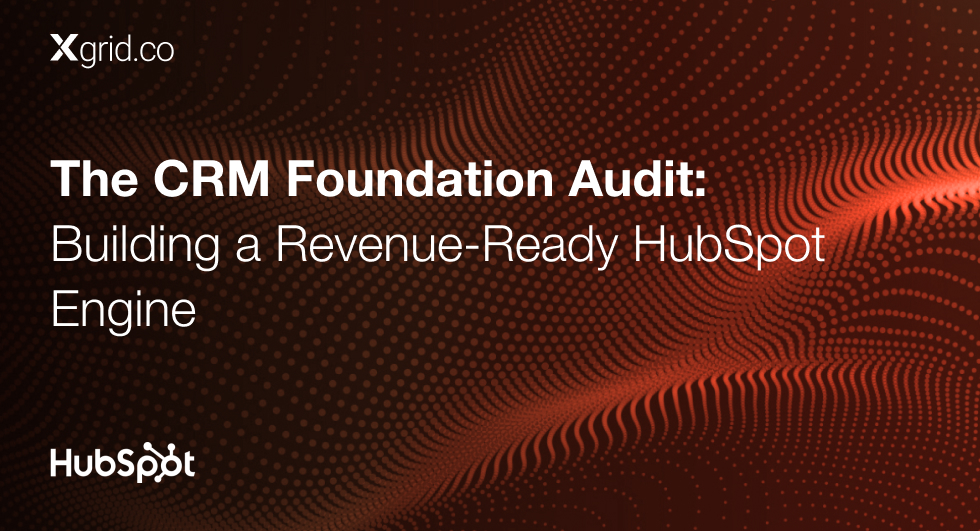Data Hygiene in Marketo: Cleaning Up Messy Databases
“Marketo is only as good as the data you feed it” – Courtney McAra
The Importance of Data Hygiene in Marketo
Marketo’s effectiveness hinges on the quality of the data it processes. Courtney McAra emphasizes that without proper data hygiene, even the most sophisticated marketing automation will fall short. “Marketo is only as good as the data you feed it,” she states. Clean data is crucial for accurate lead scoring, segmentation, and targeting.
Data hygiene becomes particularly challenging in situations where staff turnover leads to a lack of continuity in data management. Courtney notes that it’s common for databases to become cluttered with outdated or duplicated records, which can hinder campaign performance and reduce overall marketing ROI.
Strategies for Keeping Your Marketo Database Clean
Courtney recommends several strategies for maintaining data hygiene in Marketo:
- Regular Data Audits: Conduct routine audits to identify and remove inactive, duplicate, or incomplete records. This helps ensure that only high-quality leads are targeted in campaigns.
- Implement Standardized Data Entry: Establish guidelines for consistent data entry, including naming conventions and standardized fields. Courtney emphasizes the use of global rules in Marketo to enforce these standards automatically.
- Use Smart Campaigns for Data Management: Marketo’s Smart Campaigns can be used to automate data cleansing processes, such as updating outdated information or merging duplicate records. “Automation is your friend when it comes to data hygiene,” Courtney advises.
Long-Term Benefits of a Clean Database
A clean database not only improves campaign performance but also ensures compliance with data privacy regulations. When scaling Marketo for large databases, maintaining data hygiene becomes even more critical, as it enables smoother segmentation, more efficient processing, and effective personalization across high volumes, ensuring that campaigns reach the right audiences without performance lags.
According to Courtney, “Maintaining data hygiene is key to maximizing Marketo’s capabilities and protecting the organization’s reputation.”
Efficient data hygiene with Marketo requires investing time in regular clean-up and implementing strong data management practices, so marketers can enhance lead quality, improve segmentation, and create more personalized customer experiences.
Key Insight: Effective data hygiene in Marketo is an ongoing process that requires standardized data entry, regular audits, and automated management to ensure long-term success.
Conclusion
Data hygiene is fundamental to Marketo’s implementation success. By implementing standardized data entry, conducting regular audits, and leveraging Smart Campaigns for automated management, marketing teams can maintain an organized database that drives better campaign outcomes. Courtney McAra’s insights reveal that clean data is not just a one-time effort but an ongoing commitment that maximizes Marketo’s potential.





